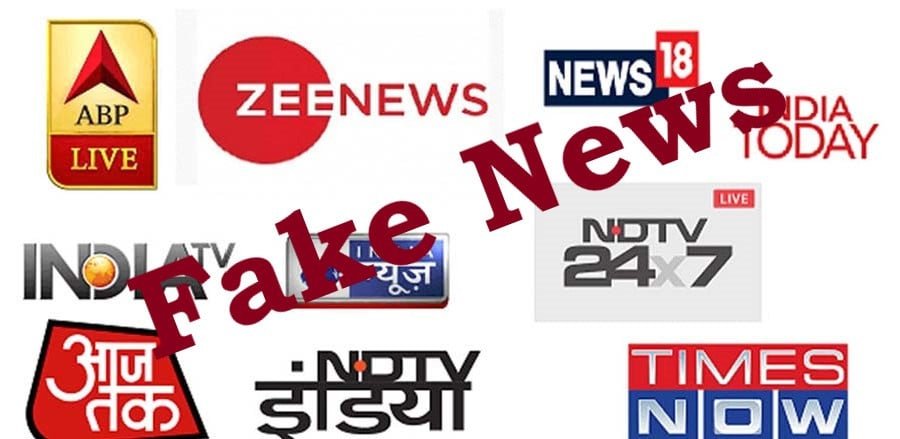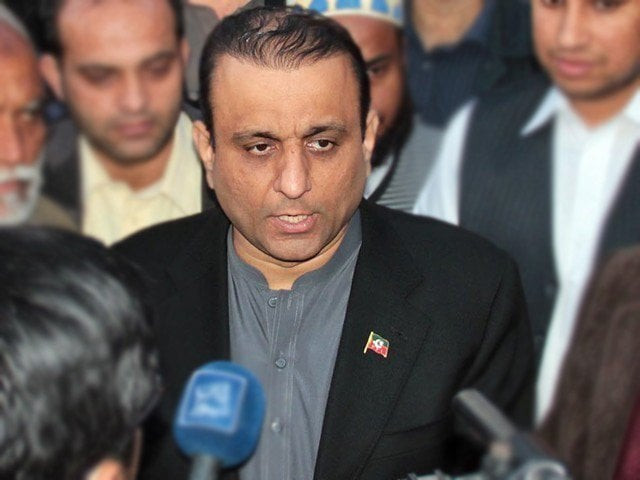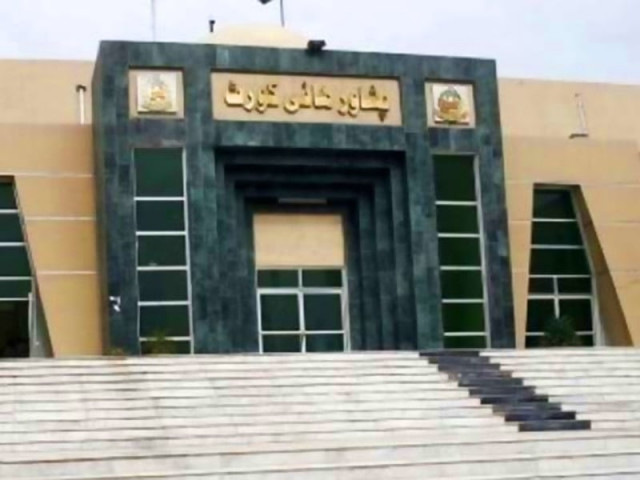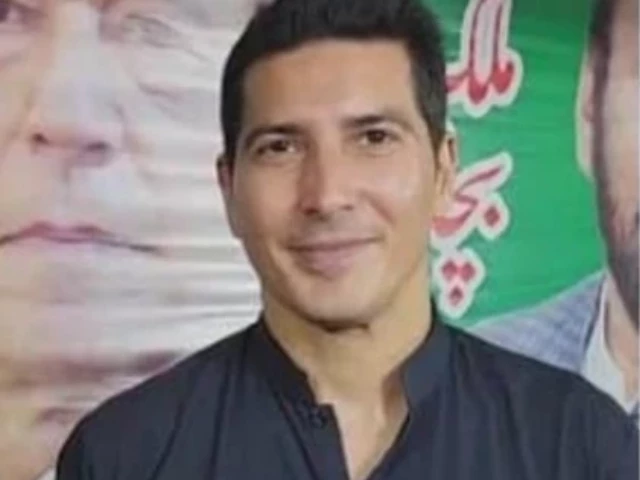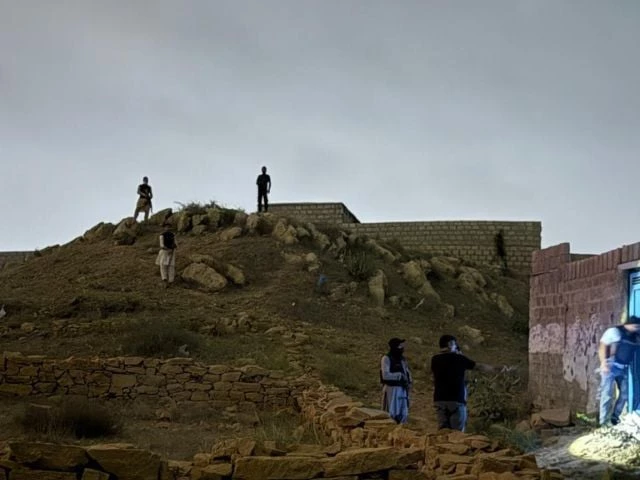Misinformation in Geopolitics: The India-Pakistan Narrative
George Wilhelm once said, “The most important lesson of history is that nobody has ever learned a lesson from history.” This quote couldn’t ring truer in today’s world, especially when we examine the evolving narratives surrounding India and Pakistan. Recently, Indian leadership has been accused of repeating past mistakes, particularly in its portrayal of Pakistan and the China-Pakistan Economic Corridor (CPEC).
A fresh wave of disinformation from Indian media claims that Pakistan is siphoning off development funds from Azad Jammu and Kashmir (AJK) to finance CPEC projects. These allegations have no basis in fact but are consistent with a troubling pattern of state-backed media campaigns that have previously embarrassed India on the global stage.
Major international news outlets, including The New York Times, The Washington Post, Reuters, Al Jazeera, and BBC, have uncovered these fabricated stories. They exposed numerous Indian channels, often acting under the influence of the ruling BJP government, broadcasting unverified claims and skewed narratives that blur the lines between journalism and propaganda.
For instance, some channels, such as Zee News and NDTV, even misused video footage from conflicts in Gaza and Sudan, misrepresenting them as events in Pakistan. This manipulation not only damages journalistic integrity but also tarnishes India’s global reputation.
A senior Indian security official acknowledged, “False information was a strategy, but it backfired on our own people.” This admission is a stark reminder of the pitfalls of misinformation, especially in a politically sensitive region like South Asia.
When examining the claims about CPEC funding in AJK, it’s crucial to clarify that these projects receive financing through a mix of Chinese investments and allocations from Pakistan’s Public Sector Development Programme (PSDP). Importantly, these funds are distinct from AJK’s regional development budget, aimed at specific infrastructure goals.
It’s particularly ironic for India to critique development spending in AJK, given its own policies in Indian Illegally Occupied Jammu and Kashmir (IIOJK). Since the revocation of Article 370 in 2019, local governance structures in IIOJK have diminished. Rather than focusing on public welfare, many funds have been redirected toward security and militarization—leading to reports of land dispossessions, high unemployment, and gross human rights violations.
Conversely, CPEC projects like the Kohala Hydropower Project are designed to uplift AJK through job creation, enhanced energy generation, and improved connectivity. These initiatives have been planned collaboratively with local authorities and reflect a commitment to inclusive development.
India’s misinformation tactics must also be viewed against the backdrop of its opposition to China’s Belt and Road Initiative (BRI). The intentions seem clear: to destabilize Pakistan and create divisions among local communities regarding its collaboration with China.
Despite the onslaught of misinformation, Pakistan remains steadfast in its commitment to AJK’s development. Any budget adjustments arise from national priorities or unforeseen challenges—not from an intention to divert funds for foreign-backed projects.
Over the years, AJK has seen real advancements in education, health care, infrastructure, and energy, driven by ongoing investment and federal commitment. India’s recent claims don’t just lack evidence; they distract from the struggles faced within its own borders in Kashmir.
Ultimately, the narrative dictated by Indian media can’t overshadow the tangible progress being made in AJK. CPEC is not a threat but a beacon of hope for a brighter future. As this partnership continues to flourish, it represents an opportunity for prosperity for the people of AJK, grounded in reality rather than misinformation.
If you’re interested in staying updated and learning more about geopolitical narratives and their implications, feel free to connect with us at Pro21st for further insights. Let’s unravel the complexities together!
At Pro21st, we believe in sharing updates that matter.
Stay connected for more real conversations, fresh insights, and 21st-century perspectives.

